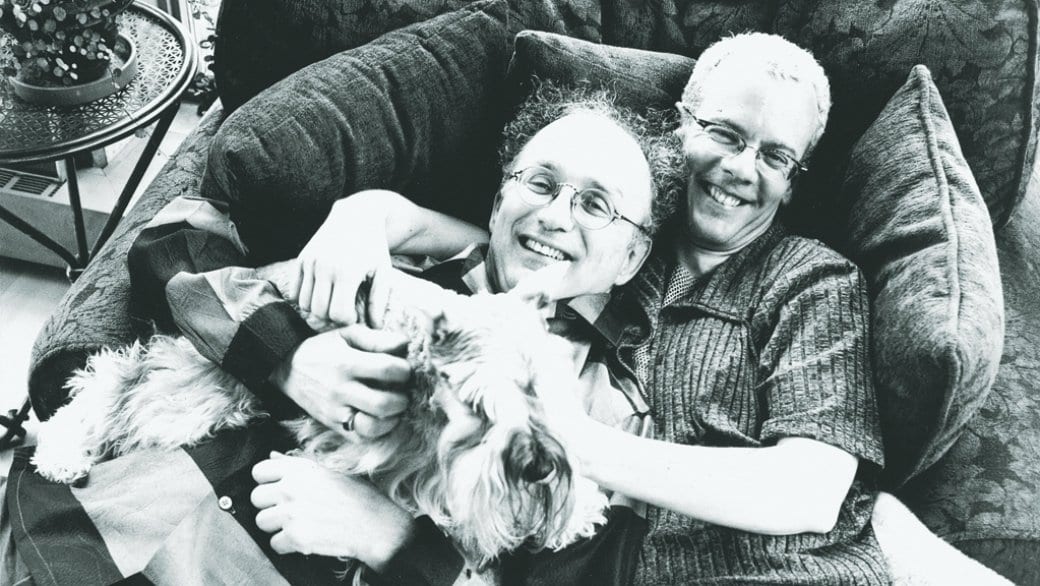Legal scholars and activists are questioning the Liberal government’s plan to reinstate funding for the Court Challenges Program, which helps fund lawsuits against the federal government when it violates equality rights guaranteed by the Charter of Rights and Freedoms.
Funding to the program was cut by the Harper government, but reinstated in the recent budget. Money is expected to resume in 2017, after Heritage Canada — the department responsible for the program — concludes consultations.
A backgrounder detailing the program and shared with some stakeholders — including Egale Canada, which received funding from the program for challenges like same-sex marriage — was posted to Twitter and Facebook on April 6, 2016, by legal scholar Kyle Kirkup, who says the proposed program doesn’t seem to address changes in the legal landscape over the past decade.
Under the old program, challenges targeted equal rights violations based on just a few sections of the Charter, such as Section 15, which guarantees equal rights for all, free from discrimination.
But in the last decade, Kirkup says, most successful challenges at the Supreme Court have relied on different sections of the Charter, such as Section 7, which guarantees life, liberty and security of the person. Cases like the Bedford case (which challenged the government’s prostitution laws) or the Carter case (which decriminalized euthanasia) would not have qualified for funding under the old program with its old criteria.
Kirkup says the program should be expanded to allow equality cases that also invoke other sections of the Charter of Rights.
“All the action right now for equality seeking groups is happening on Section 7,” Kirkup says. “The Supreme Court has over the last 25 years made it very difficult to argue a Section 15 case. It requires a very technical discussion of comparator groups. It can be very costly to make an argument.”
Kirkup says there hasn’t been a successful Section 15 case tried at the Supreme Court since the Hislop case in 2007, which extended pension claims for same-sex couples. That corresponds with the elimination of the Court Challenges Program in 2006.
But future cases pressing for equal rights for LGBT people may be more easily fought on grounds other than equal rights, Kirkup says.
“You could imagine a future case where the conditions of confinement of trans people in Canadian prisons are challenged under Section 7 [life, liberty and security of the person] and also Section 12 (cruel and unusual treatment). The advocates may decide that the best approach isn’t to argue Section 15,” he says.
But limiting program funding to Section 15 cases may help develop constitutional law around equal rights, suggests Emmett Macfarlane, a political science professor at the University of Waterloo.
“Too many cases that obviously implicate Section 15 are being challenged under Section 7,” he says. “By providing funding for Section 15 challenges we might see the equality rights jurisprudence eventually advance in the more robust way that advocates hope for.”
Heritage Canada did not provide a direct answer when asked if the government would consider expanding the program if its consultations suggested that it was warranted.
“We are currently consulting key stakeholders to ensure the modernized Program best meets the needs of Canadians,” Simon Rivet, Heritage Canada spokesperson, wrote in an email. “Options will be developed and presented to Ministers further to these consultations.”


 Why you can trust Xtra
Why you can trust Xtra


